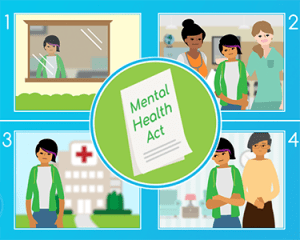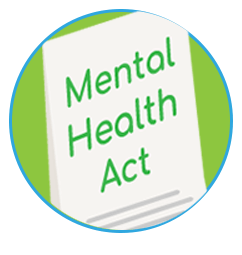
The Mental Health Act Video: Being Certified
Video Index


More Information


The Four Criteria for Certification

1.You have a serious mental health disorder that keeps you from dealing with situations or people around you safely.
2. You need medical treatment for the mental health disorder.
3. You need help in a hospital setting to stop the mental health disorder from getting worse or to stop you from hurting yourself or others.
4. You do not ask for this help voluntarily. And, you can’t be admitted voluntarily in case you refuse treatment or try to leave.
Mental Health Act Resources

1. Guide to the Mental Health Act (2005)
https://www.health.gov.bc.ca/library/publications/year/2005/MentalHealthGuide.pdf
2. Mental Health Act

3. Access Pro Bono
1-877-762-6664 or 604-878-7400
Provides free legal information. Call them to get a 30 minute appointment for free.
4. Mental Health Law Program of the Community Legal Assistance Society (CLAS)
Provides advocates to represent patients at review panel hearings throughout the Province.
(604) 685-3425 or toll free at 1 888 685-6222
5. Legal aid societies
Patients may contact the local offices of the Legal Services Society which are listed in the local telephone directories or through
https://lss.bc.ca/legal_aid/legalAidLocations.php

6. Mental Health Review Board
https://www.bcmhrb.ca/i-am-a-patient/
7. BC Mental Health Rights
https://www.bcmentalhealthrights.ca/
Website by researchers at Simon Fraser University to help adults in BC better understand their Mental Health Act rights. On it you can find
-a pamphlet,
-a video,
-a wallet card, and
-posters
with rights information. The pamphlet, wallet card, and video captions are available in 9 languages. The site also features blog posts about mental health rights issues.
Glossary
1. Certified
The Mental Health Act is a BC law that gives the reasons a person can be kept in the hospital against their will for mental health treatment of a mental disorder. This is called being “certified under the Mental Health Act.”
2. Criteria for certification
1) You have a serious mental health disorder that keeps you from dealing with situations or people around you safely;
2) You need medical treatment for the mental health disorder.
3) You need help in a hospital setting to stop the mental health disorder from getting worse or to stop you from hurting yourself or others;
4) You do not ask for this help voluntarily. And, you can’t be admitted voluntarily in case you refuse treatment or try to leave.
3. Doctor
Only a doctor (physician) licensed to practise medicine in British Columbia may certify a person under the Mental Health Act. The doctor does not have to be a psychiatrist.
4. Mental disorder
This term has specific legal meaning under the Mental Health Act. “Mental Disorder” is specifically defined in Section 1 of the Act as:
a disorder of the mind that requires treatment and seriously impairs the person's ability
(a)to react appropriately to the person's environment, or
(b)to associate with others.
5. Mental Health Review Board
An organization that coordinates Review Panel Hearings.
6. Mental Health Review Panel
For the purposes of a Review Panel Hearing, a review panel consists of the following persons:
a) a lawyer,
b) a doctor (a different doctor than the one on your treatment team), and
c) someone from the community.
7. Mental Health Review Panel Hearing
The Mental Health Review Board conducts hearings to review and decide whether persons certified should continue to be certified based on criteria in the act. People who are involved and present at the hearing include:
-the person (you) who is certified,
-the panel (see point #6 above),
-your treating doctor who is on your treatment team,
-and a lawyer or legal advocate.
A lawyer can give you legal information and advice, and help guide you through this process. Family may also be present.
https://www.bcmhrb.ca/i-am-a-patient/
8. Rights Under the Mental Health Act
You have the right:
• to know where you are, including the name and address of the hospital;
• to know why you have to stay;
• to speak to a lawyer. A lawyer is a person who can give you legal advice about your rights as a certified patient;
• to speak with a doctor regularly to check if you still meet the criteria for certification;
• to ask for another doctor’s opinion about your treatment.
• And, to ask for what is called a review panel hearing if you don’t agree with the doctor’s decision to certify you.
9. Treatment
Medical treatment related to the mental health issue, and includes medical tests such as bloodwork. Other examples include:
• talking one on one with staff or in a group
•working on challenges with your parents or other people in your life
• taking medication
• and practising what you are learning
Activities that May Help

Here are some activities suggested by other young people while staying at the hospital.
-Reading
-Art
-Watching a show/movie
-Playing guitar
-Crafts
-Yoga
-Deep breathing
-Talking to someone you trust
-Journaling
-Knitting
-Painting nails
-Drinking tea
The SELF Toolkit has lots of great ideas too:
https://keltymentalhealth.ca/sites/default/files/resources/SELF%20Toolkit%20Adolescent.pdf
Mental Health Act Forms
Here are some of the forms that may be of interest and of use to you:
https://www2.gov.bc.ca/assets/gov/health/forms/3507.pdf



